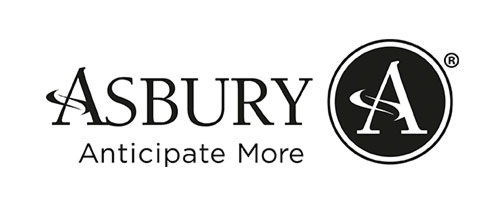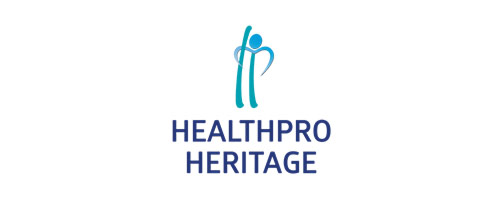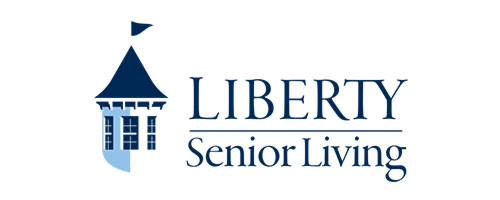2011 press releases
ICAA warns consumers to beware of “graywashing”
[Back to releases]
International Council on Active Aging CEO says to think twice before you buy products and services touted as anti-aging, age-defying, or for seniors
VANCOUVER--Boomers and their parents—until recently viewed as virtually non-existent by many marketers—are fast becoming coveted customers. People age 50 and above have over 2 trillion dollars in their wallets1--and many have few qualms about spending that money to maintain an active lifestyle. Indeed, this burgeoning demographic spent 79 billion dollars in 2009 on products and services that claim to slow the aging process2—despite the fact that “most of those products and services don’t deliver what they claim to,” says Colin Milner, CEO of the International Council on Active Aging (ICAA).
“Companies increasingly are recognizing the spending power of older adults, and targeting them in advertising. Some are doing this responsibly, as part of an overall approach that acknowledges aging as a normal process that happens to everyone,” Milner states. “Others are simply jumping on the bandwagon, positioning their products as appropriate for an older demographic when, in fact, they aren’t…or coming up with products that allegedly ‘combat’ aging, as though there’s something about getting older that needs fixing. Either way, the consumer loses.”
Milner has coined the word “graywashing” to refer to “the act of misleading consumers regarding any purported age-associated benefits of a product or service.”
Similar to greenwashing,3 graywashing gives older-adult consumers a false sense of security by positioning a product or service as uniquely beneficial to them, Milner explains. “Consider a health club that wants to attract more members. The club sets up a ‘senior discount’ that allows older adults to use the club during off-peak hours at a reduced rate. However, the club's services and offerings remain the same—geared to a younger population. Putting the word ‘senior’ in front of a discount or program doesn’t automatically make it suitable for older people.”4
Graywashing also perpetuates ageist stereotypes and self-stereotyping, Milner continues. “Products that claim to make you look 20 years younger instantly, for example, are a waste of money--and they’re promoted on the assumption that there’s something wrong with the way you look now. The companies that market them treat older adults as though they’re damaged goods, reinforcing the erroneous belief that aging equals illness and decline.”
Older adults themselves are not the only ones at risk of being graywashed, Milner notes. “Young people may buy greeting cards for their parents or grandparents that they think are appropriate, when in fact those cards use humor that demeans or trivializes an older person and reinforces negative stereotypes,” he says.
To help consumers avoid being graywashed, Milner offers the following tips:
Understand that no pill or procedure will stop you from aging, no matter what anyone claims to the contrary.
Ask yourself if an expensive anti-wrinkle cream or cosmetic surgery will make you feel better about the way you look, or if lifestyle changes such as getting more rest and eating a balanced diet can make you feel better--and look better, as well.
Before enrolling in a fitness or seniors center, ask for a tour. Do you see people like yourself engaged in activities that interest you? If not, look for a club or group geared to your interest, not your age.
Does a product claim—whether it’s for energy, brain boosting, weight loss, getting rid of “age” spots, or some other purpose--sound too good to be true? If so, it probably is—why throw away your money?
The signs and consequences of graywashing will be explored in greater detail on the ICAA’s Changing the Way We Age® Campaign website (www.changingthewayweage.com), as part of the campaign’s efforts to change perceptions of aging and overturn ageist stereotypes.
About the International Council on Active Aging (ICAA)
The International Council on Active Aging® is the professional association that leads, connects and defines the active-aging industry. ICAA supports professionals who develop wellness facilities, programs and services for adults over 50. The association is focused on active aging—an approach to aging that helps older adults live as fully as possible within all dimensions of wellness (i.e., physical, social, environmental, vocational, intellectual, emotional and spiritual)—and provides its members with education, information, resources and tools.
As an active-aging educator and advocate, ICAA has advised numerous organizations and governmental bodies, including the US Administration on Aging, the National Institute on Aging (one of the US National Institutes of Health), the US Department of Health and Human Services, Canada’s Special Senate Committee on Aging, European Commission, and the British Columbia ministries of Health, and Healthy Living and Sport.
1. Active Aging in America: Industry Outlook 2010, published by the International Council on Active Aging.
2. Data from FINDSVP, cited in Active Aging in America: Industry Outlook 2010, published by the International Council on Active Aging.
3. The Oxford Dictionaries Online define greenwash as "disinformation disseminated by an organization so as to present an environmentally responsible public image. Derivatives greenwashing (n). Origin from green on the pattern of whitewash." (http://oxforddictionaries.com/definition/greenwash?region=us; accessed June 1, 2011.)
4. See “How to select an age-friendly fitness facility” for information on what makes a club or gym suitable for older adults.
For interviews please contact:
Contact: Colin Milner, CEO, ICAA
Toll-free: 1-866-335-9777 (North America)
Telephone: 604-734-4466; cell: 604-763-4595
colinmilner@icaa.cc
Contact: Marilynn Larkin
Communications Director, ICAA
212-315-3301
mlarkin@icaa.cc

































